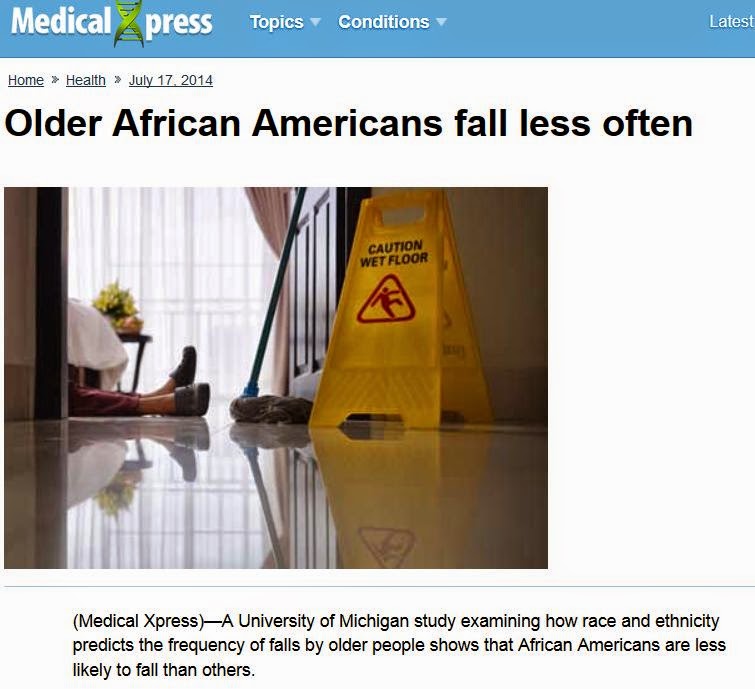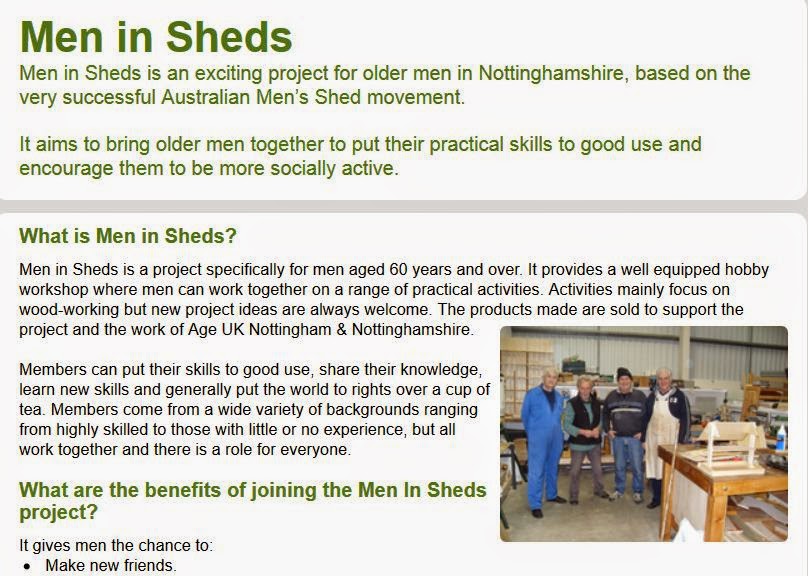Another of my street photos, taken at Osterley Park, a National Trust property near London.
Isn't it great how often younger people take an older person out for a good time?
Monday, 20 October 2014
Would flats in tower blocks suit older people better than special housing?
A newspaper report tells us that a tower block in North Lanarkshire has been designated for use by older residents. The argument is that it's close to the shops and other services and the flats are the right size for older people. Others can live there, too, however, so it's a bit different from the usual housing flatlet or bungalow scheme for older people. For myself, if in later years I'm left on my own, I'd certainly fancy a smaller property with a view and the maintenance taken care of.
What do other people think?
Link to the article.
What do other people think?
Link to the article.
Wednesday, 15 October 2014
Older people need to learn to text in emergencies: young people can help by sending texts to older relatives
You may realise from some of the content of this blog that one of my retirement activities is taking street photos. You can see the results in my Flickr photostream. If you're not familiar with Flickr, either scroll through the stream or click on 'Albums' and look or search for albums that say 'people'.
Link to my Flickr site.
This is a picture that I took in Wimbledon recently. In one way it is commonplace and in a related way unusual. Can you see why?
The answer to the first question is that the young woman at the bus stop is using her mobile phone, and this is a characteristic of many, if not most, street photos I take nowadays. Young people are mostly holding, and often using, a mobile. The answer to the second question is that the older man is also using his mobile, and this is very unusual - most older people in my pictures are talking or walking without the mobile.
Which tells you something about the generations. Most older people do not see the need to be continually connected in the way that is natural to younger people. But this means that they lose out in emergencies. If an older person gets admitted to a hospital or faces some other major change in life, they often have no way of contacting people for social reasons or to call on help, because they have not become accustomed to using their phone.
In particular, they lose out because they have not learned to text, and their friends do not text, so they have no convenient way of sending and leaving a message. And their friends, even if they have a mobile phone, never look at texts because they're not accustomed to getting them.
Texting on a mobile is so natural to younger people that they do not realise and cannot believe that their parents and grandparents cannot and do not do the same, and this means that they're not practised enough to use texts in emergencies. One of the best services young people can provide for their older relatives is teaching them to text and encouraging them to practise by sending them regular texts.
Link to my Flickr site.
This is a picture that I took in Wimbledon recently. In one way it is commonplace and in a related way unusual. Can you see why?
The answer to the first question is that the young woman at the bus stop is using her mobile phone, and this is a characteristic of many, if not most, street photos I take nowadays. Young people are mostly holding, and often using, a mobile. The answer to the second question is that the older man is also using his mobile, and this is very unusual - most older people in my pictures are talking or walking without the mobile.
Which tells you something about the generations. Most older people do not see the need to be continually connected in the way that is natural to younger people. But this means that they lose out in emergencies. If an older person gets admitted to a hospital or faces some other major change in life, they often have no way of contacting people for social reasons or to call on help, because they have not become accustomed to using their phone.
In particular, they lose out because they have not learned to text, and their friends do not text, so they have no convenient way of sending and leaving a message. And their friends, even if they have a mobile phone, never look at texts because they're not accustomed to getting them.
Texting on a mobile is so natural to younger people that they do not realise and cannot believe that their parents and grandparents cannot and do not do the same, and this means that they're not practised enough to use texts in emergencies. One of the best services young people can provide for their older relatives is teaching them to text and encouraging them to practise by sending them regular texts.
Labels:
emergencies,
mobiles,
phones,
street photos,
texting
Monday, 13 October 2014
Aren't-we-good corporate videos waste of NHS and social care money
I often wonder why NHS and social care organisations feel the need to spend money on corporate videos. I looked at one from Lanarkshire, about the local 'partnership' of voluntary and statutory services as they 'swing into action'. I'm keen on what they do: mainly stimulating activity and personal development, I liked the singing group, football for older men (not just sitting around in day centres playing bingo). And I was pleased to see texting (but not sexting) for keeping in touch with people.
But I resent the unremittingly positive 'isn't it wonderful' message and the current professional jargon. Who is this for, other than saying 'we're doing a good job here'. I'd rather see information videos which give useful information or educational resources for older people to help them develop their activities.
Link to the video
But I resent the unremittingly positive 'isn't it wonderful' message and the current professional jargon. Who is this for, other than saying 'we're doing a good job here'. I'd rather see information videos which give useful information or educational resources for older people to help them develop their activities.
Link to the video
Wednesday, 8 October 2014
The more you do the more you risk falling as you age
Anyone involved with social work knows that, as you get frailer in old age, falls can lead to all sorts of difficulties that prevent you from leading an independent life - loss of self-confidence can limit your lifestyle. So my eye was caught by the report of an American study by a social work academic found that African Americans were more likely to experience falls than non-Hispanic white people; this is possibly because they were less active so they were less at risk. Certainly, in general, physical limitations and health problems put you more at risk of falling. I must say that I step a whole lot more carefully than I used to, even though there's not yet a lot wrong with me. For one thing, I find I judge distance edges on kerbs and staircases less well than when I was younger.
Link to the academic article: Racial/Ethnic Predictors of Falls Among Older Adults: The Health and Retirement Study by Emily J. Nicklett and Robert Joseph Taylor.
Monday, 6 October 2014
Information about personal development opportunities for older people is an important service: Men in Sheds is an example
Another Isle of Man event is an information day for older people. This was basically an exhibition of organisations for older people, including Men in Sheds, the Stroke Association, the Diabetes Centre, the Older Persons Mental Health Team. Offering information in an interesting way for older people is good for building their rights to have access to opportunities for education and personal development.
Men in Sheds was a new one on me, but I see from Age UK websites that it's widespread and based on an Australian idea. It provides a hobby workshop for men to pursue interests that they might not otherwise be able to afford to equip themselves for.
Why not women? The success of the Great British Bake-Off and the...Sewing Bee on the BBC suggests that making a good kitchen and sewing equipment might also work well.
Link to Isle of Man information day report
Link to Age UK Nottingham Men in Sheds website
Men in Sheds was a new one on me, but I see from Age UK websites that it's widespread and based on an Australian idea. It provides a hobby workshop for men to pursue interests that they might not otherwise be able to afford to equip themselves for.
Why not women? The success of the Great British Bake-Off and the...Sewing Bee on the BBC suggests that making a good kitchen and sewing equipment might also work well.
Link to Isle of Man information day report
Link to Age UK Nottingham Men in Sheds website
Wednesday, 1 October 2014
The first world war is a past that is current in our family histories for all of us
A recent event for older people at a resource centre in the Isle of Man illustrates how an imaginative programme for older people might cover both current and past events. Older people currently alive did not live through the first world war - it was before their time - but their parents and other contacts in their earlier lives will have had a personal connection with the privations suffered in the first world war. So there will be a personal link to remembrance. And remembering the war is going to be very current for all of us who may be discovering new understanding of this war. Even if it's almost history now for most of us, our improved understanding of and response to the life of a families in the past is not history but present currency.
Link to the Isle of Man article
Link to the Isle of Man article
Subscribe to:
Posts (Atom)






